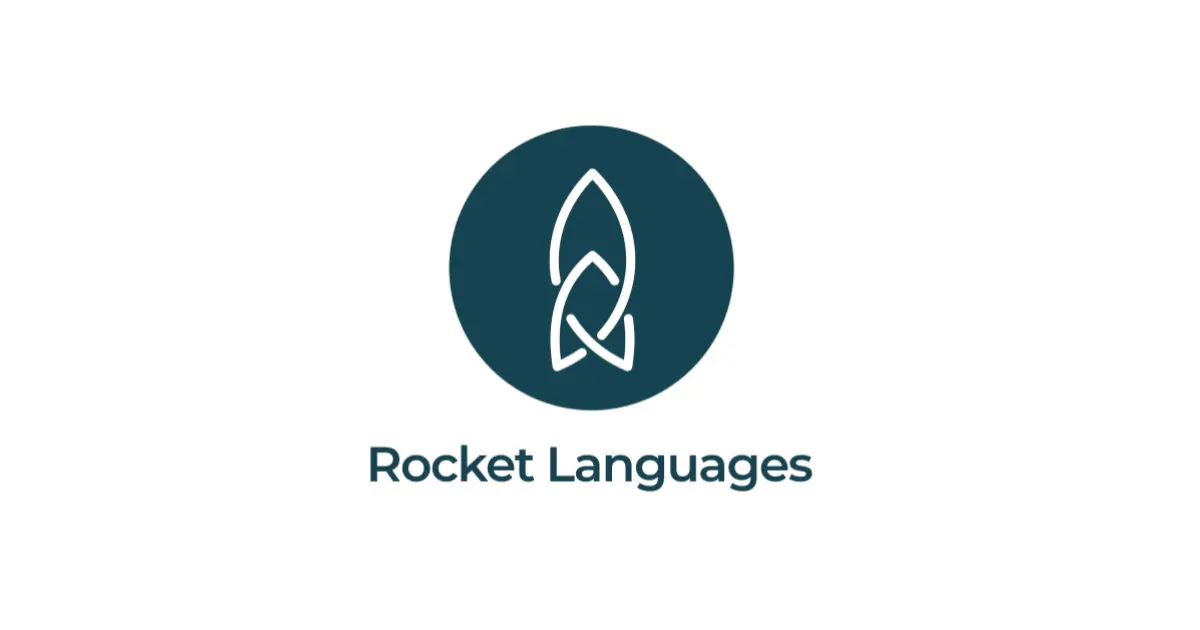Teaching English? Why a TEFL Certification Matters
In a competitive global job market, a TEFL certification significantly boosts your employability.

Ever dreamt of teaching English in a bustling Asian metropolis, a sun-drenched Latin American beach town, or a historic European city? The allure of travel combined with meaningful work is undeniable. But where do you start? While enthusiasm is a great first step, a TEFL (Teaching English as a Foreign Language) certification is your essential passport to making those dreams a reality.
Think of it this way: you wouldn't attempt to build a house without proper architectural blueprints, right? Similarly, teaching English effectively requires more than just being a native speaker. A TEFL course equips you with the pedagogical tools and practical skills necessary to navigate the diverse challenges of a foreign language classroom.
Beyond the Basics: Gaining Real Expertise
A quality TEFL certification delves into the intricacies of language acquisition, covering areas like grammar, phonetics, and lesson planning. You'll learn how to create engaging activities, manage classrooms effectively, and adapt your teaching style to suit different learning styles and cultural backgrounds. This isn't just theory either; reputable courses often include practical teaching experience, allowing you to apply your newfound knowledge in a real-world setting.
Opening Doors to Global Opportunities
In a competitive global job market, a TEFL certification significantly boosts your employability. Many schools and language institutions worldwide require or strongly prefer candidates with formal TEFL training. It demonstrates a commitment to professional development and provides tangible evidence of your teaching abilities.
Moreover, a TEFL certification can open doors to a wider range of teaching opportunities. You'll have access to positions in various settings, from private language schools and universities to volunteer programs and online teaching platforms. This flexibility allows you to tailor your career path to your personal preferences and travel aspirations.
Building Confidence and Cultural Competence
Teaching abroad is more than just a job; it's a transformative experience. A TEFL course prepares you not only for the classroom but also for the cultural nuances of living and working in a foreign country. You'll gain valuable insights into cross-cultural communication, helping you to build meaningful relationships with your students and the local community.
Furthermore, the process of completing a TEFL course and teaching abroad fosters personal growth and self-confidence. You'll develop resilience, adaptability, and problem-solving skills – qualities that are highly valued in any profession.
How to get a TEFL Certification
- Research and Planning: Laying the Groundwork
- Define Your Goals:
- Where do you want to teach? (Specific countries or regions)
- What type of teaching environment interests you? (Private schools, universities, online, etc.)
- What's your timeline? (When do you want to start teaching?)
- What's your budget? (TEFL courses vary significantly in cost.)
- Research TEFL Providers:
- Accreditation Matters: Look for courses accredited by reputable organizations (e.g., recognized by government bodies or major TEFL organizations). This ensures quality and recognition.
- Course Content: Examine the curriculum. Does it cover grammar, phonology, lesson planning, classroom management, and cultural awareness?
- Practical Teaching (Practicum): Is there a practicum component? Real-world teaching experience is invaluable.
- Online vs. In-Person: Consider your learning style and availability. In-person courses offer immersive experiences, while online courses provide flexibility.
- Job Placement Assistance: Does the provider offer job search support?
- Reviews and Testimonials: Read reviews from past students to get an idea of the course's quality.
- Visa Requirements:
- Research visa requirements for your target countries. Some countries require specific TEFL certifications or degrees.
- Understand the difference between tourist visas and work visas.
- Define Your Goals:
- Choosing the Right TEFL Course: Making an Informed Decision
- 120-Hour Standard:
- A minimum of 120 hours is generally considered the industry standard for a reputable TEFL certification.
- This provides a solid foundation in teaching methodology.
- Specialization (Optional):
- Consider specializing in areas like teaching young learners, business English, or online teaching if you have specific interests.
- Cost vs. Value:
- Don't automatically choose the cheapest option. Invest in a course that provides quality training and support.
- Consider the total cost, including accommodation, materials, and travel expenses (if applicable).
- 120-Hour Standard:
- Completing the TEFL Course: Maximizing Your Learning
- Active Participation:
- Engage in class discussions, ask questions, and participate in activities.
- Take advantage of the instructor's expertise.
- Practical Teaching (Practicum):
- Take the practicum seriously. It's your opportunity to apply your knowledge and gain valuable experience.
- Seek feedback from your instructor and peers.
- Networking:
- Connect with your classmates and instructors. They can be valuable resources for job opportunities and support.
- Active Participation:
- Job Search and Placement: Launching Your TEFL Career
- Resume and Cover Letter:
- Tailor your resume and cover letter to each job application.
- Highlight your TEFL certification, teaching experience, and relevant skills.
- Online Job Boards:
- Utilize online job boards specializing in TEFL positions (e.g., Dave's ESL Cafe, TEFL.com).
- Networking:
- Attend TEFL conferences and workshops to network with potential employers.
- Reach out to alumni from your TEFL program.
- Interviews:
- Prepare for interviews by researching common TEFL interview questions.
- Practice your answers and be prepared to demonstrate your teaching skills.
- Cultural Adaptation:
- Prepare yourself for the culture shock that can occur when moving to a new country. Research the local culture, learn basic phrases in the local language, and be open to new experiences.
- Continued Learning:
- Teaching is a lifelong learning process. Continue to develop your skills by attending workshops, reading professional journals, and staying up-to-date on the latest teaching methodologies.
- Resume and Cover Letter:
Investing in Your Future
While a TEFL certification requires an initial investment of time and resources, the long-term benefits are substantial. It's an investment in your personal and professional development, opening up a world of opportunities for travel, cultural immersion, and meaningful work.
In essence, a TEFL certification is your key to unlocking a fulfilling and adventurous career teaching English abroad. It provides the foundation you need to succeed in the classroom, navigate cultural differences, and embark on a life-changing journey. So, if you're ready to take the plunge and explore the world while making a difference, consider taking that first step towards a TEFL certification. You might just surprise yourself with where it takes you.



